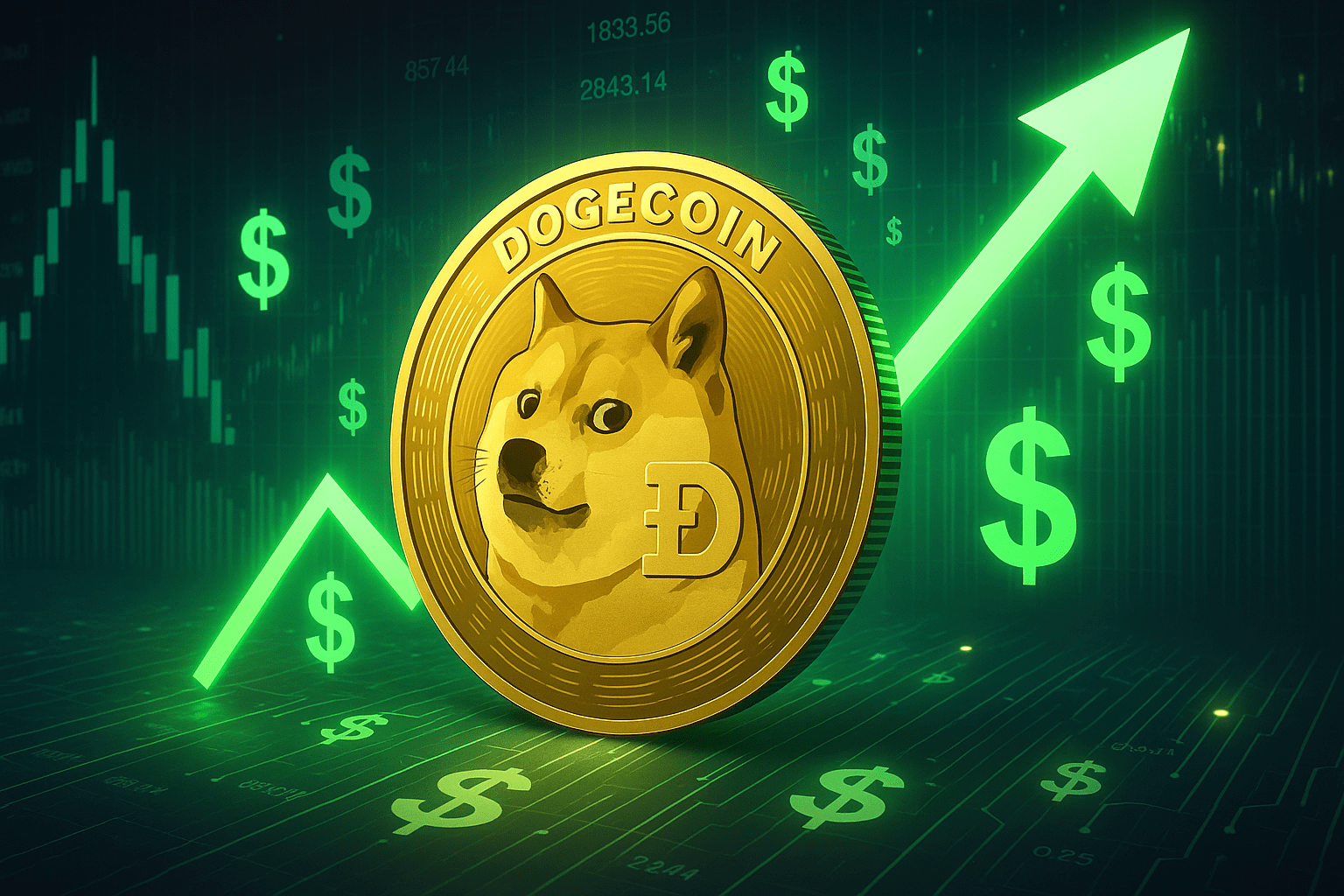Cut The Malarkey. Speaking Frankly About AI Search & SEO via @sejournal, @martinibuster
A frank assessment of the significant changes in search and what SEOs should be paying attention to right now and in 2025. The post Cut The Malarkey. Speaking Frankly About AI Search & SEO appeared first on Search Engine...

Search marketing is undergoing dramatic changes, with many debating whether SEO is on its way out as AI Search rises in popularity. What follows is a candid assessment of what is going on with SEO and search engines today.
An SEO School Shuts Down
An SEO school by a group called Authority Hackers recently announced their closure, emphasizing that it’s not because SEO is dead but due to the collapse of the content site model. They cited three reasons for this situation. The following is not about the SEO school, that’s just a symptom of something important going on today.
1. Google Updates is one of the reasons cited for the decline of the content site model. Here’s the candid part: If the Google updates killed your publishing site, that’s kind of the red flag that there’s something about the SEO that needs examination.
Here’s the frank part: Google’s updates have generally crushed websites that begin with keyword research, are followed by stealing content ideas from competitors and scraping Google’s SERPs for more keyword phrases. That’s not audience research, that’s search engine research. Search engine research results in Made For Search Engine websites. This doesn’t describe all websites that lost rankings but it’s a common method of SEO that in my opinion seriously needs to be reassessed.
2. The other reason cited by the SEO school is the “AI content tsunami.” I’m not sure what that means because it can mean a lot of things. Is that AI content spam? Or is that a reference to AI content sites overwhelming the publisher who cranks out two articles a week?
Do I need to say out loud what content output implies about site authority?
3. The third reason for the decline of the content model is the dramatic changes to Search Engine Results Pages (SERPs). Now this, this is a valid reason, but not for the reasons most SEOs think.
The organic SERPs have, for the past 25 years, been dominated by the top three ranked positions, with about 20-30% of the traffic siphoned off to Google Ads for search topics that convert. That’s the status quo: Three sites are winning and everyone else is losing.
AI Overviews has not changed a thing. AIO doubled down on the status quo. According to BrightEdge research, the top ranked websites in AIO are largely the same as the organic top ranked websites. What that means is that three sites are still winning and everyone else is still losing.
The biggest change to the SERPs that most SEOs are missing is what I already mentioned, that made for search engine websites have been getting wiped out by Google updates.
The helpful content update (HCU) is the scapegoat but that’s just ONE algorithm out of hundreds. There is literally no way for anyone to claim with 100% certainty that the HCU is the reason why any given site lost rankings. Google is a black box algorithm. A lot of people are saying but none of them can explain how they are able to pick out the effects of one algorithm out of hundreds.
The thing about being in SEO for 25 years is that people like me are accustomed to dramatic changes. Yes, the SERPs have changed dramatically. That’s how search engines have always done things.
If you’ve only been doing SEO for ten years, I can understand how the recent changes seem dramatic. But when you’ve been in it for as long as I have, dramatic changes are expected. That’s the status quo. Dramatic SERP changes is how it’s always been.
SEO Is Now AEO?
Someone started a discussion with two sentences that said AEO is the new SEO and that ChatGPT was quickly becoming the leading search engine, inspiring well over a hundred responses. The discussion is in a private Facebook group called AI/ChatGPT Prompts for Entrepreneurs.
AEO is a relatively new acronym meaning Answer Engine Optimization. It describes AI Search Optimization. AISEO is more a more precise acronym but it sounds too close to E-I-E-I-O.
Is AEO really a thing? Consider this: All AI search engines use a search index and traditional search ranking algorithms. For goodness sakes, Perplexity AI uses a version of Google’s PageRank, one of the most traditional ranking algorithms of all time.
People in that discussion generally agreed that AEO is not a thing, that AI Search Engines were not yet a major challenge to Google and that SEO is still a thing.
All is not upside down with the world because at least in that discussion the overwhelming sentiment is that AEO is not a thing. Many observed that ChatGPT uses Bing’s index, so if you’re doing “AEO” for ChatGPT you’re actually just doing SEO for Bing. Others expressed that the average person has no experience with ChatGPT and until it’s integrated into a major browser it’s going to remain a niche search engine.
There was one person insisting that Perplexity AI was designed as an AI Search Engine, completely misunderstanding that Perplexity AI uses a search index and identifies authoritative websites with an updated version of Google’s old PageRank algorithm.
AI has been a strong search engine factor in Google since at least 10 years. Longer if you consider that Google Brain began as a project in 2011.
AI in search is not new. Search results summaries aren’t new either (Featured Snippets). Google’s Information Gain patent for AI Chatbots filed in 2018.AI in search feels new but it’s not new. The biggest difference isn’t in the back end, it’s in the front and it’s changing how users interact with data. This is the big change that all SEOs should be paying close attention to.
Featured Image by Shutterstock/pathdoc

 Troov
Troov 































![35-year-old American moved to Chengdu and lives on $30,000 a year: '[It's] poverty in America, but in China I'm living large'](https://image.cnbcfm.com/api/v1/image/108167583-1751548516689-chinacelia1.jpg?v=1751549197&w=1920&h=1080)
